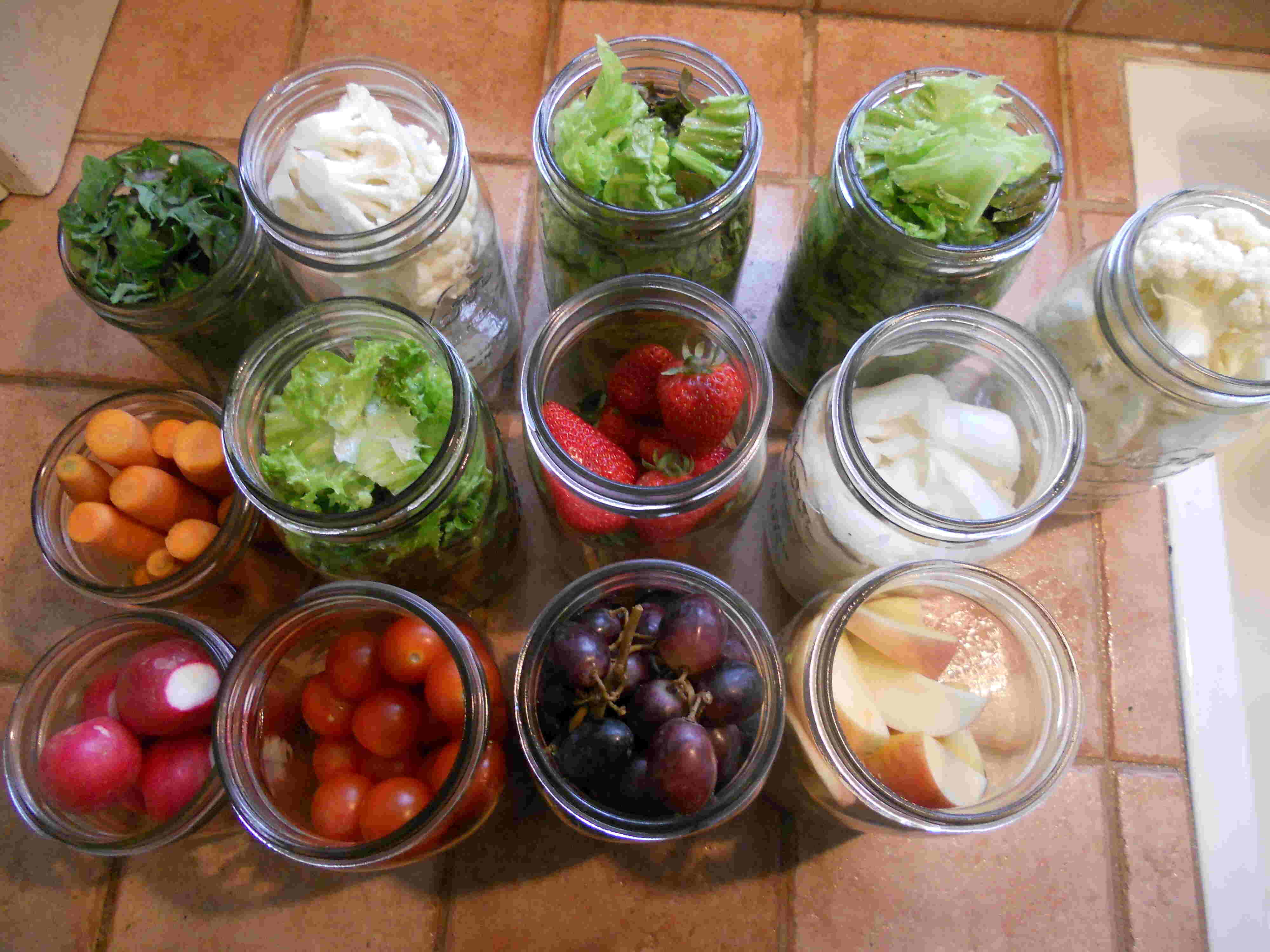

Articles
How To Store Fruits In Mason Jars
Modified: March 2, 2024
Discover the best way to store your favorite fruits in Mason jars with our informative articles. Keep your produce fresh and flavorful for longer periods!
(Many of the links in this article redirect to a specific reviewed product. Your purchase of these products through affiliate links helps to generate commission for Storables.com, at no extra cost. Learn more)
Introduction
Welcome to the world of mason jar fruit storage! If you’ve ever found yourself with too many ripe fruits on your hands and not enough time to consume them all, then storing them in mason jars might just be the solution you’ve been looking for. Mason jar storage not only helps to preserve the freshness and flavor of your fruits, but it also adds a touch of charm to your pantry or refrigerator.
In this article, we will explore the benefits of storing fruits in mason jars, discuss the different types of mason jars suitable for fruit storage, and guide you through the process of properly preparing and packing fruits in these jars. We will also delve into the various techniques for adding syrups or juices for flavor and preservation, as well as the best practices for sealing and labeling the jars. Whether you plan on storing your mason jars in the refrigerator or at room temperature, we will provide you with the necessary insights. Furthermore, we will offer tips on how to extend the shelf life of your fruits in mason jars, so you can enjoy their deliciousness for a longer period of time.
So, if you’re ready to roll up your sleeves and embark on a mason jar fruit storage adventure, let’s dive in and discover the wonders of this time-honored preservation method!
Key Takeaways:
- Embrace the art of mason jar fruit storage to extend the shelf life of your favorite fruits, reduce waste, and add a charming aesthetic to your pantry or refrigerator.
- By carefully selecting the right mason jars, preparing fruits properly, and following sealing and labeling guidelines, you can ensure the optimal preservation of your fruits for year-round enjoyment.
Read more: How To Store Fruit In Mason Jars
Benefits of Storing Fruits in Mason Jars
Storing fruits in mason jars offers numerous benefits that go beyond just extending their shelf life. Here are some of the advantages of using mason jars for fruit storage:
- Freshness and Flavor: Mason jars provide an airtight seal, which helps to preserve the natural freshness and flavor of the fruits. This means that even after an extended period of storage, your fruits will taste as if they were picked fresh.
- Convenience: With fruits stored in individual mason jars, you can easily grab a jar whenever you need it. This saves you time and reduces waste, as you can take out only the quantity of fruit you require without having to handle the entire batch.
- Portability: Mason jars are portable and travel-friendly. Whether you’re going on a picnic, packing lunch, or heading to the office, you can easily bring along a jar of your favorite fruits for a healthy snack on the go.
- Visual Appeal: Storing fruits in mason jars not only keeps them fresh but also adds a visually appealing touch to your pantry or refrigerator. The wide variety of colors and textures of the fruits on display in the transparent jars can create a vibrant and inviting sight.
- Reduce Plastic Waste: By using mason jars for fruit storage, you can reduce the need for single-use plastic containers. This environmentally friendly choice helps to minimize plastic waste and promotes sustainable living.
- Flexible Portions: Mason jars come in various sizes, allowing you to store fruits in portioned amounts based on your needs. Whether you’re storing a small portion for a single serving or a larger quantity for a family, mason jars offer the flexibility to accommodate different portion sizes.
Overall, storing fruits in mason jars is a practical and aesthetically pleasing way to preserve their freshness, while also reducing waste and promoting a more sustainable lifestyle. So go ahead and embrace the benefits of mason jar fruit storage!
Choosing the Right Mason Jars for Fruit Storage
When it comes to storing fruits in mason jars, choosing the right jars is crucial to ensure optimal preservation. Here are a few factors to consider when selecting mason jars for fruit storage:
- Size: Mason jars come in various sizes, ranging from small 4-ounce jars to larger 32-ounce jars. The size you choose depends on the quantity of fruit you plan to store and your intended use. If you’re storing individual portions or small amounts of fruit, smaller jars will be more suitable. For larger quantities or if you plan to store sliced fruits, larger jars would be more appropriate.
- Wide Mouth vs. Regular Mouth: Mason jars are available in two mouth sizes: wide mouth and regular mouth. Wide mouth jars have a larger opening, making them easier to fill and empty. They are ideal for storing whole fruits or larger fruit pieces. Regular mouth jars have a smaller opening, which is better suited for pouring and consuming liquids, such as fruit syrups or fruit juices.
- Material: Mason jars are primarily made of glass, which is an excellent choice for fruit storage. Glass is non-reactive and does not absorb odors or flavors, ensuring that your fruits remain fresh and uncontaminated. Avoid using plastic jars, as they may not provide the same level of protection and can affect the flavor and quality of the fruits.
- Airtight Seal: Look for mason jars that come with airtight lids or seals. This is crucial for preserving the freshness and flavor of the fruits, as an airtight seal prevents air and moisture from entering the jars. The two-piece canning lids, consisting of a metal band and a flat lid with a rubber gasket, are commonly used for creating a tight seal in mason jars.
- Reusability: Consider opting for mason jars that are reusable and durable. Look for jars that are dishwasher safe and can withstand repeated use. Choosing high-quality jars ensures that you can use them for fruit storage over and over again, reducing waste and saving money in the long run.
By taking these factors into account, you can select the right mason jars that suit your fruit storage needs. Remember, the goal is to find jars that are the right size, have the appropriate mouth opening, are made of glass, provide an airtight seal, and allow for reuse. With the right jars in hand, you can efficiently and effectively store your fruits for long-lasting freshness.
Preparing Fruits for Mason Jar Storage
Properly preparing your fruits before storing them in mason jars is essential to ensure their quality and longevity. Here are some steps to follow when preparing fruits for mason jar storage:
- Wash the fruits: Start by thoroughly washing your fruits under running water to remove any dirt, debris, or pesticide residue. Gently scrub the fruits with a produce brush, if necessary. Make sure to handle delicate fruits, such as berries, with care to avoid bruising or crushing them.
- Remove any blemishes: Examine the fruits for any cuts, bruises, or blemishes. Cut away and discard any damaged or spoiled parts of the fruits to prevent them from affecting the rest of the batch.
- Peel and slice, if desired: Depending on your preference and the type of fruit, you may choose to peel and slice them before storing. Certain fruits, like peaches, apples, and pears, may need to be peeled and sliced to fit properly into the mason jars. Use a sharp knife or a fruit peeler to remove the skins. Slice the fruits into uniform pieces for consistent storage.
- Consider blanching, if necessary: Some fruits, such as peaches or tomatoes, can benefit from blanching before storage. Blanching involves briefly immersing the fruits in boiling water for a few seconds, followed by immediately transferring them to an ice bath. This process helps to loosen the skin for easy peeling and can improve the texture and flavor of the fruit when stored.
- Prevent browning: Fruits that tend to brown upon exposure to air, like apples or pears, can be treated with lemon juice, lime juice, or ascorbic acid to prevent browning. Toss the fruits in a solution of water and one of these acidic substances before proceeding with the packing process.
Once your fruits are prepared, continue with the packing process as per the instructions below. Properly cleaning, removing blemishes, peeling, slicing, blanching, and preventing browning will help ensure that your fruits stay fresh and maintain their quality throughout the storage period. These steps are essential in preserving the flavor, texture, and appearance of the fruits in the mason jars.
Proper Techniques for Packing Fruits in Mason Jars
Packing fruits correctly in mason jars is vital for maintaining their freshness and maximizing storage space. Here are some proper techniques to follow when packing fruits in mason jars:
- Fill the jars tightly: Start by filling the mason jars tightly with the prepared fruits. Pack the fruits gently but firmly to ensure there are no gaps or air pockets. This helps to prevent the fruits from shifting during storage and minimizes the risk of spoilage.
- Leave headspace: Leave a recommended amount of headspace between the fruits and the top of the jar. This varies depending on the type of fruit and the closure method you plan to use. Generally, a ½-inch to 1-inch headspace is sufficient. This space allows for expansion during freezing or processing and helps to maintain the quality of the fruits.
- Tap the jar: After filling the jar, gently tap it on a countertop to remove any air bubbles that may have formed. This helps to ensure that the jar is packed tightly and that there are no trapped air pockets that can lead to spoilage.
- Adjust the liquid level: For fruits that release juice or syrup during storage, ensure that the liquid level covers the fruits completely. This helps to maintain their flavor and texture. Add additional syrup or juice if needed, making sure to leave the appropriate headspace mentioned earlier.
- Wipe the rims: Before sealing the jars, wipe the rims with a clean, damp cloth or paper towel to remove any residue. This ensures a proper seal and prevents any contamination that could compromise the safety and freshness of the fruits.
By following these techniques, you can effectively pack the fruits in mason jars, minimizing the risk of spoilage and ensuring optimal storage conditions. Remember to fill the jars tightly, leave the recommended headspace, tap the jar to remove air bubbles, adjust the liquid level if necessary, and wipe the rims clean before sealing. These steps contribute to the overall success of your fruit storage effort in mason jars.
Adding Syrups or Juices for Flavor and Preservation
To enhance the flavor and extend the shelf life of your stored fruits, adding syrups or juices is a wonderful technique. Here are some options and tips for adding syrups or juices to your mason jar fruits:
Simple Syrup: Simple syrup is a versatile option that can be used with a wide variety of fruits. To make it, combine equal parts of water and sugar in a saucepan, and heat until the sugar dissolves completely. Let the syrup cool before using it to pack the fruits. You can adjust the sweetness of the syrup based on your preference and the natural sweetness of the fruits you are storing.
Fruit Juice: Using fruit juice to pack your fruits not only adds flavor but also enhances the natural sweetness of the fruits. Choose a juice that complements the fruit you are storing. For example, orange juice works well with citrus fruits, apple juice pairs nicely with pears, and pineapple juice adds a tropical twist to sliced fruits.
Fruit Juice Concentrate: Fruit juice concentrate is a concentrated form of juice and provides a more intense flavor. You can dilute it with water according to the package instructions before adding it to the mason jars. This concentrated form can bring out the natural sweetness and flavor of the fruits for a delightful experience.
Syrups with Spices or Herbs: For a more unique and flavorful twist, consider making syrups infused with spices or herbs. Cinnamon, vanilla, mint, or ginger are just a few options that can add depth of flavor to your fruits. Steep the spices or herbs in the syrup before using it to pack the fruits, and strain them out for a beautifully infused syrup.
Proportion: The amount of syrup or juice to add depends on personal preference and the specific fruits being stored. A general guideline is to add enough syrup or juice to cover the fruits completely, but also leave the recommended headspace mentioned earlier. Remember that you can always adjust the sweetness or intensity by adding more or less syrup or juice.
Labeling: It’s important to label the jars with the type of syrup or juice used and the date of packing. This helps you keep track of the flavors and ensures that you use the fruits within the recommended storage timeframe. Use waterproof labels or write on the lids of the jars for easy identification.
By adding syrups or juices to your mason jar fruits, you can elevate their flavor and prolong their shelf life. Experiment with different combinations and get creative with your choices to enjoy a delightful variety of fruit flavors throughout the year.
When storing fruits in mason jars, make sure to clean and dry the jars thoroughly before adding the fruits. Layer the fruits with a sprinkle of lemon juice to help preserve their freshness. Keep the jars in a cool, dark place to extend the shelf life of the fruits.
Sealing and Labeling Mason Jars for Fruit Storage
After packing your fruits in mason jars, it’s important to properly seal and label them to ensure the freshness and organization of your fruit storage. Follow these guidelines for sealing and labeling your mason jars:
- Sealing: Mason jars are typically sealed using two-piece canning lids consisting of a metal band and a flat lid with a rubber gasket. Place the flat lid on top of the jar, ensuring it is centered and covering the rim completely. Then, screw the metal band onto the jar until it’s fingertip tight – tight enough to hold the lid in place but not overly tightened.
- Water Bath Canning: If you plan to preserve your fruits for longer-term storage and want to use the water bath canning method, submerge the filled and sealed mason jars in a pot of boiling water. Make sure the water level is at least 1-2 inches above the lids. Process the jars according to the specific fruit and recipe instructions, and carefully remove them from the water bath when done.
- Cooling and Testing the Seal: Once the jars are removed from the water bath or if you’re using them for short-term storage, place them on a clean towel or cooling rack to cool completely. As the jars cool, you will hear a satisfying “ping” sound, indicating that the lids have properly sealed. This is an important step in ensuring the safety and longevity of your fruits.
- Labeling: Labeling your mason jars is essential for keeping track of the fruits and their storage time. Use labels or write directly on the jars with a waterproof pen or marker. Include the type of fruit, the date of packing, and any additional information such as syrup or juice used. This will help you identify the contents easily and ensure that you use the fruits within the recommended storage time.
- Storage Location and Conditions: Once sealed and labeled, store your mason jars in an appropriate location. If using water bath canning, store the jars in a cool, dark place away from direct sunlight. If using the refrigerator for short-term storage, place the jars on a stable shelf or in the door rack. Ensure that they are not exposed to temperature fluctuations or extreme heat, as this can impact the quality and safety of the fruits.
Properly sealing and labeling your mason jars is crucial for maintaining the freshness and organization of your fruit storage. By following these steps, you can ensure that your fruits are securely sealed and accurately labeled, allowing you to enjoy their deliciousness for an extended period of time.
Storing Mason Jars of Fruits in the Refrigerator
Storing mason jars of fruits in the refrigerator is an excellent option for short-term preservation. It helps to maintain the freshness and quality of the fruits while providing convenient access. Here are some tips for storing your mason jars of fruits in the refrigerator:
- Cool the jars: Allow the filled mason jars to cool completely at room temperature before transferring them to the refrigerator. Rapid temperature changes can cause the glass to crack or shatter, so it’s important to let the jars cool gradually.
- Select an appropriate location: Choose a stable shelf or rack in the refrigerator to store the mason jars. Make sure there’s enough space to accommodate the jars without overcrowding or placing them too close to the refrigerator walls, which can affect their temperature regulation.
- Keep away from strong odors: Fruits are susceptible to absorbing odors from nearby strong smelling foods. To prevent this, store the mason jars of fruits away from pungent foods like onions, garlic, or strong cheeses. This helps to preserve the natural aroma and flavor of the fruits.
- Store in airtight containers: If you’re concerned about potential leakage or odor transfer, consider placing the mason jars inside airtight bags or containers specifically designed for food storage. This provides an extra layer of protection and helps to maintain the freshness of the fruits.
- Rotate and use within recommended time: As with any perishable food, it’s important to rotate the mason jars of fruits based on their packing date. Consume the oldest jars first to ensure they are enjoyed at their peak freshness. Most fruits stored in the refrigerator should be consumed within one to two weeks for optimal taste and quality.
Storing mason jars of fruits in the refrigerator allows you to enjoy fresh and flavorful fruits at your convenience. By following these guidelines, you can ensure that your fruits remain safe and delicious throughout their refrigerated storage period. Remember to cool the jars before transferring them, choose an appropriate location, keep them away from strong odors, use airtight containers if needed, and rotate the jars to consume within the recommended time.
Storing Mason Jars of Fruits at Room Temperature
While refrigeration is a common method for fruit storage, certain fruits can also be stored at room temperature in mason jars. This method allows the fruits to ripen further and develop their flavors. Here are some tips for storing mason jars of fruits at room temperature:
- Choose the right fruits: Not all fruits are suitable for room temperature storage. Select fruits that continue to ripen even after they are picked, such as bananas, avocados, and citrus fruits. These fruits can be enjoyed at various stages of ripeness and tend to thrive at room temperature.
- Check for ripeness: Before storing the fruits, ensure they are in the optimal stage of ripeness. Fruits that are too firm or unripe may require some time to ripen at room temperature. Conversely, fruits that are overly ripe or bruised may spoil quickly. Aim for fruits that are slightly soft and have a pleasant aroma, indicating they are ready to be stored.
- Keep away from direct sunlight: Find a cool and dry spot in your home away from direct sunlight to store the mason jars. Sunlight can accelerate the ripening process, cause fruits to spoil faster, and impact their quality. Ensure the storage area is well-ventilated to prevent condensation and mold growth.
- Rotate and check regularly: Fruits stored at room temperature should be checked regularly for ripeness and any signs of decay. Rotate the mason jars to ensure even exposure to air and light, especially if the fruits are stored in open jars without airtight seals.
- Consume within a few days: Unlike refrigerated fruits, those stored at room temperature have a shorter shelf life. It’s recommended to consume these fruits within a few days to enjoy them at their peak flavor and prevent spoilage. Monitor the fruits closely and discard any that show signs of deterioration.
Storing mason jars of fruits at room temperature allows for the natural ripening process and the development of rich flavors. Keep in mind that not all fruits are suitable for this method, so consider the types of fruits you’re storing. Remember to check the ripeness, store in a cool and dry location away from direct sunlight, rotate and check regularly, and consume the fruits within a few days for the best results.
Read more: How To Store Fresh Fruit In Mason Jars
Checking and Using Fruits Stored in Mason Jars
Regularly checking and properly using the fruits stored in mason jars is essential for ensuring their quality and safety. Here are some steps to follow when checking and using fruits stored in mason jars:
- Inspect the jar seal: Before using the stored fruits, check the seal of each mason jar. Ensure that the lids are securely sealed and there are no signs of leakage or bulging lids. If you notice any jars with compromised seals, discard them immediately to prevent the risk of spoilage or contamination.
- Check for signs of spoilage: Examine the fruits for any visible signs of spoilage, such as mold growth, off odors, or discolored patches. If you notice any of these indicators, discard the entire jar, as the spoilage can spread to the surrounding fruits and compromise their quality.
- Use your senses: Trust your senses when assessing the fruits. Smell the fruits for any unusual odors, as this could indicate spoilage. Inspect the texture and appearance of the fruits, ensuring they haven’t become excessively soft, mushy, or discolored. Use your judgment to determine if the fruits are still suitable for consumption.
- Follow recipe recommendations: If you intend to use the stored fruits in recipes, consult the specific recipe recommendations for the type and quantity of fruit required. Adjust the recipe as needed to incorporate the preserved fruits, keeping in mind any changes in texture or sweetness that may have occurred during storage.
- Enjoy the preserved fruits: Whether you choose to enjoy the fruits as a snack, as part of a meal, or in recipes, ensure that you consume them within the recommended storage timeframe. Properly stored and preserved fruits can retain their flavors and nutritional value, adding a delightful touch to your meals and snacks.
By regularly checking the seals, inspecting for spoilage, using your senses to assess the fruits, following recipes as needed, and enjoying the preserved fruits within the recommended timeframe, you can confidently use the fruits stored in mason jars. Remember to exercise caution and use your best judgment to ensure the safety and quality of the fruits you consume.
Tips for Extending the Shelf Life of Fruits in Mason Jars
If you want to maximize the shelf life of the fruits stored in mason jars, there are several tips and techniques you can follow. By implementing these strategies, you can enjoy the flavors and benefits of your preserved fruits for an extended period. Here are some tips to help you extend the shelf life of fruits in mason jars:
- Choose ripe but firm fruits: When selecting fruits for storage, choose ones that are ripe but still firm. Overly ripe or bruised fruits are more likely to spoil quickly. Handling the fruits with care during the preparation and packing process also helps to maintain their quality.
- Ensure cleanliness: Before handling the fruits and packing them in mason jars, make sure you practice proper hygiene. Wash your hands thoroughly and sanitize the utensils, cutting boards, and work surfaces to prevent any contamination that could lead to faster spoilage.
- Use quality jars and lids: Invest in high-quality mason jars that provide a secure and airtight seal. Check the lids for any signs of damage or wear and replace them if necessary. Using jars and lids that are specifically designed for canning and preserving ensures better preservation of the fruits.
- Store in a cool, dark place: Whether you choose to store the mason jars in the refrigerator or at room temperature, make sure the storage area is cool and away from direct sunlight. Exposure to heat and light can accelerate the spoilage process for fruits. Keep the jars in a stable environment with consistent temperatures.
- Minimize exposure to air: Air exposure can promote the growth of bacteria and mold, leading to faster spoilage. To minimize this, pack the fruits tightly in the jars, leaving the appropriate headspace. Additionally, consider using oxygen absorbers or vacuum sealing methods to remove excess air and maintain a more desirable storage environment.
- Rotate and use the oldest jars first: To ensure that the fruits are consumed in a timely manner, practice a ‘first in, first out’ approach. Label the jars with the packing date and arrange them accordingly. Use the oldest jars first, as they are more likely to have a shorter remaining shelf life.
- Regularly inspect and maintain: Periodically check the mason jars for any signs of spoilage, leakage, or damage. Remove any compromised jars immediately to prevent contamination. Wipe the jars clean, especially around the lids, and store them in an organized manner to minimize the risk of accidental breakage.
- Follow recommended storage times: Each type of fruit has its own recommended storage time. It’s important to consume the fruits within these guidelines to ensure freshness and flavor. Consult reliable sources for specific recommendations on the storage times of different fruits.
By implementing these tips, you can effectively extend the shelf life of fruits stored in mason jars. Choosing ripe but firm fruits, ensuring cleanliness, using high-quality jars and lids, storing in optimal conditions, minimizing air exposure, rotating usage, conducting regular inspections, and following recommended storage times contribute to preserving the quality and flavor of your fruits for a longer period.
Conclusion
Storing fruits in mason jars is a practical and rewarding method of preserving their freshness, flavor, and nutritional value. Whether you choose to store them in the refrigerator or at room temperature, mason jar fruit storage offers numerous benefits. From extending the shelf life of fruits to reducing waste and adding a charming aesthetic to your pantry or refrigerator, mason jars are a versatile and eco-friendly solution.
By carefully selecting the right mason jars, preparing the fruits properly, and following proper packing techniques, you can ensure the optimal preservation of your fruits. The addition of syrups, juices, or spices can enhance flavors and offer a variety of taste experiences. Sealing and labeling the jars is critical to maintaining the freshness and organization of your fruit storage, regardless of the chosen storage method.
Remember to regularly check the seal and condition of the jars, as well as the quality of the fruits stored within. Enjoy your preserved fruits within the recommended storage times, using them in recipes or as healthy snacks. By adhering to these guidelines and tips, you can extend the shelf life of your stored fruits and enjoy their delectable flavors for as long as possible.
Embrace the art of mason jar fruit storage and discover the joy of preserving fruits for year-round enjoyment. Whether you’re indulging in ripe seasonal fruits or rescuing an abundance of produce, mason jars provide a convenient and aesthetically pleasing solution. So, start stocking up on your favorite fruits, gather your mason jars, and begin the journey of preserving their freshness and flavor for delightful culinary experiences!
Frequently Asked Questions about How To Store Fruits In Mason Jars
Was this page helpful?
At Storables.com, we guarantee accurate and reliable information. Our content, validated by Expert Board Contributors, is crafted following stringent Editorial Policies. We're committed to providing you with well-researched, expert-backed insights for all your informational needs.
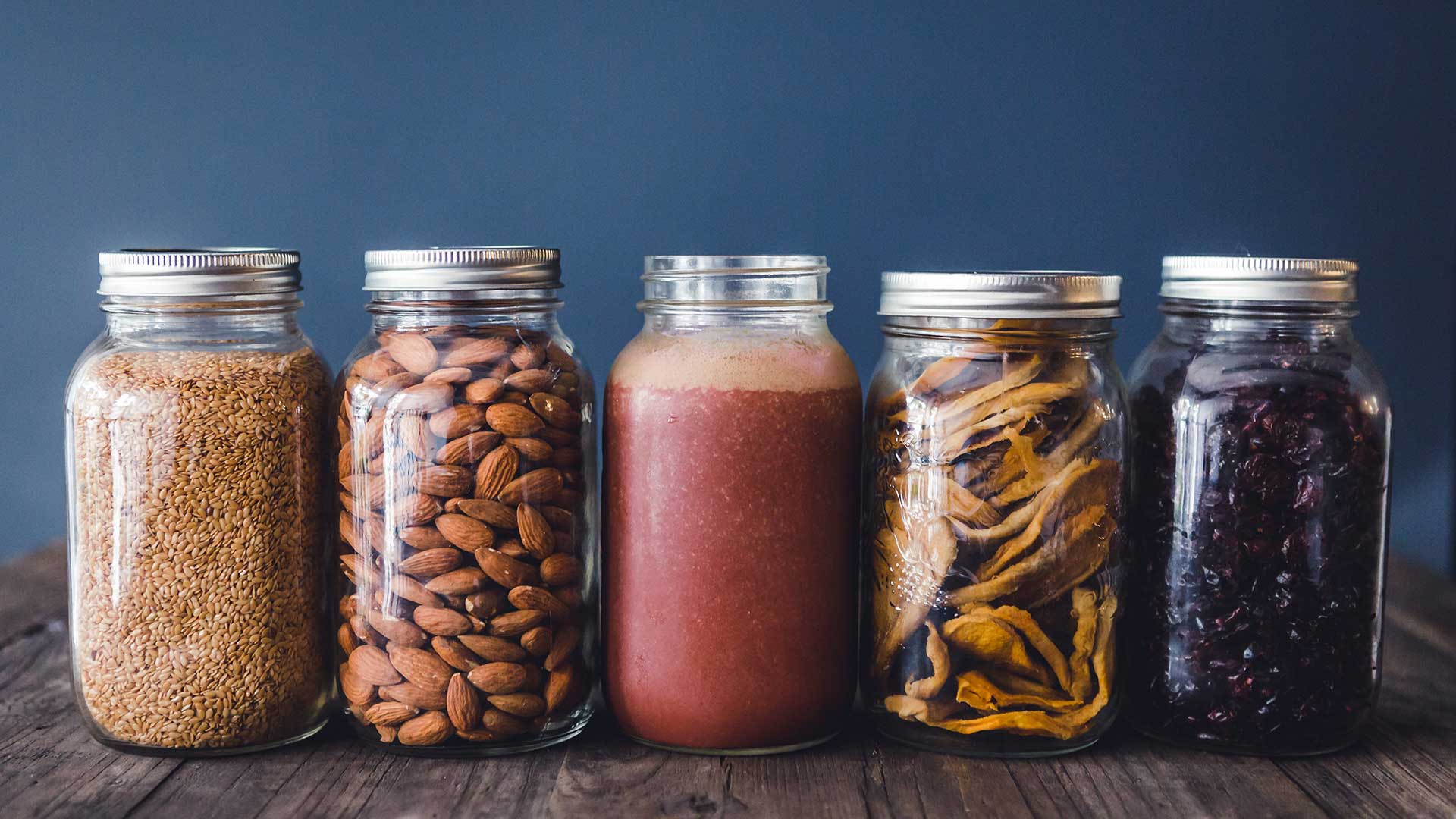
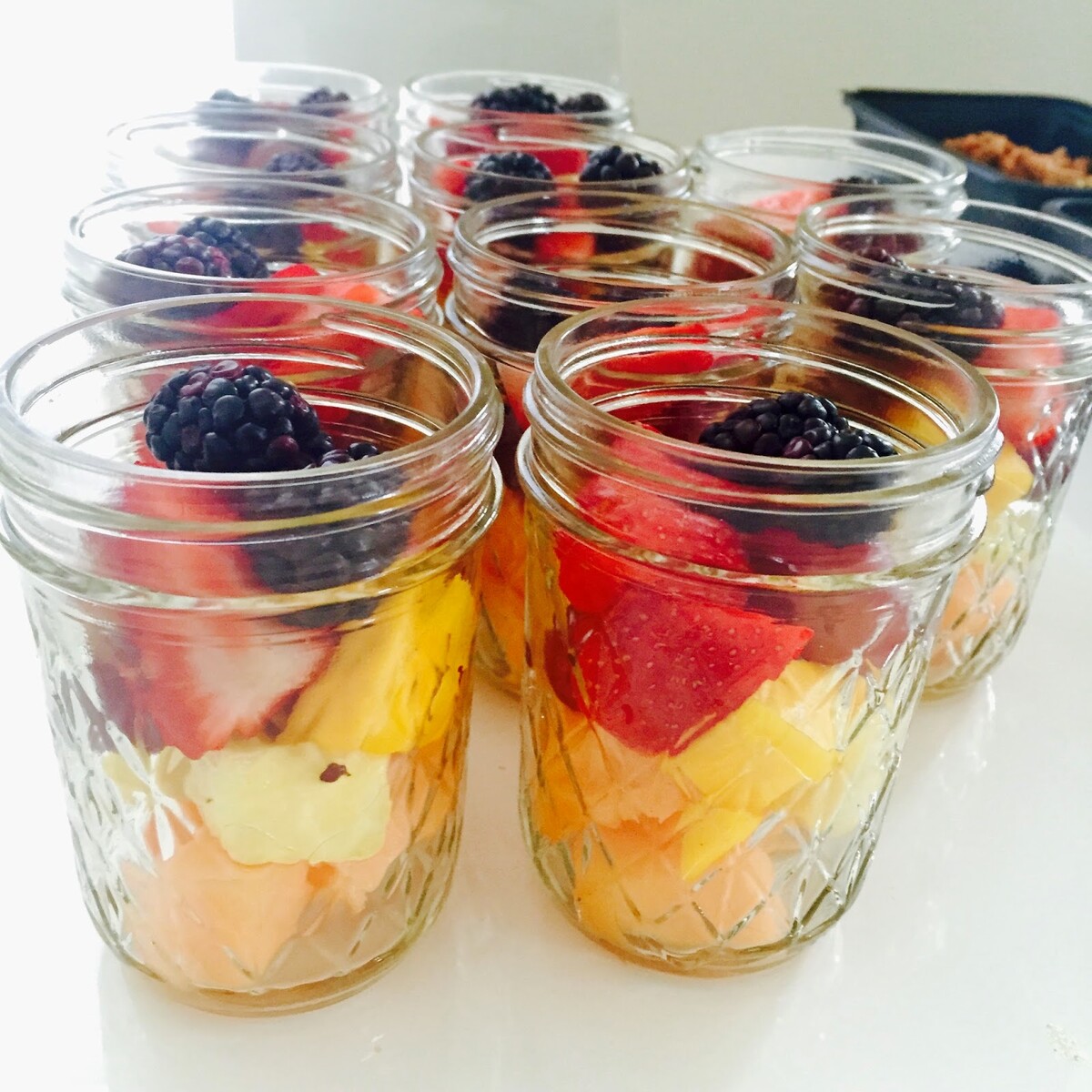
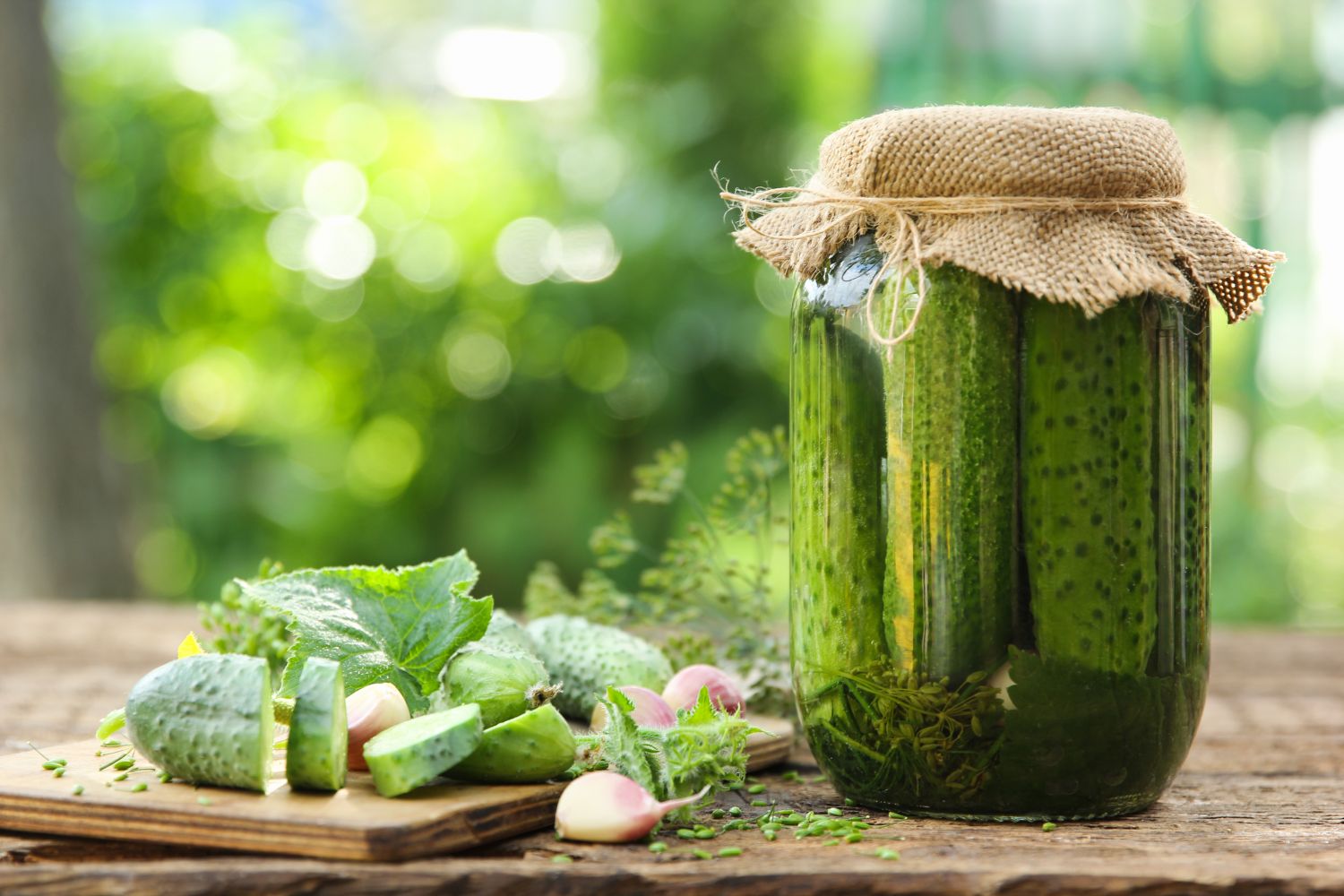
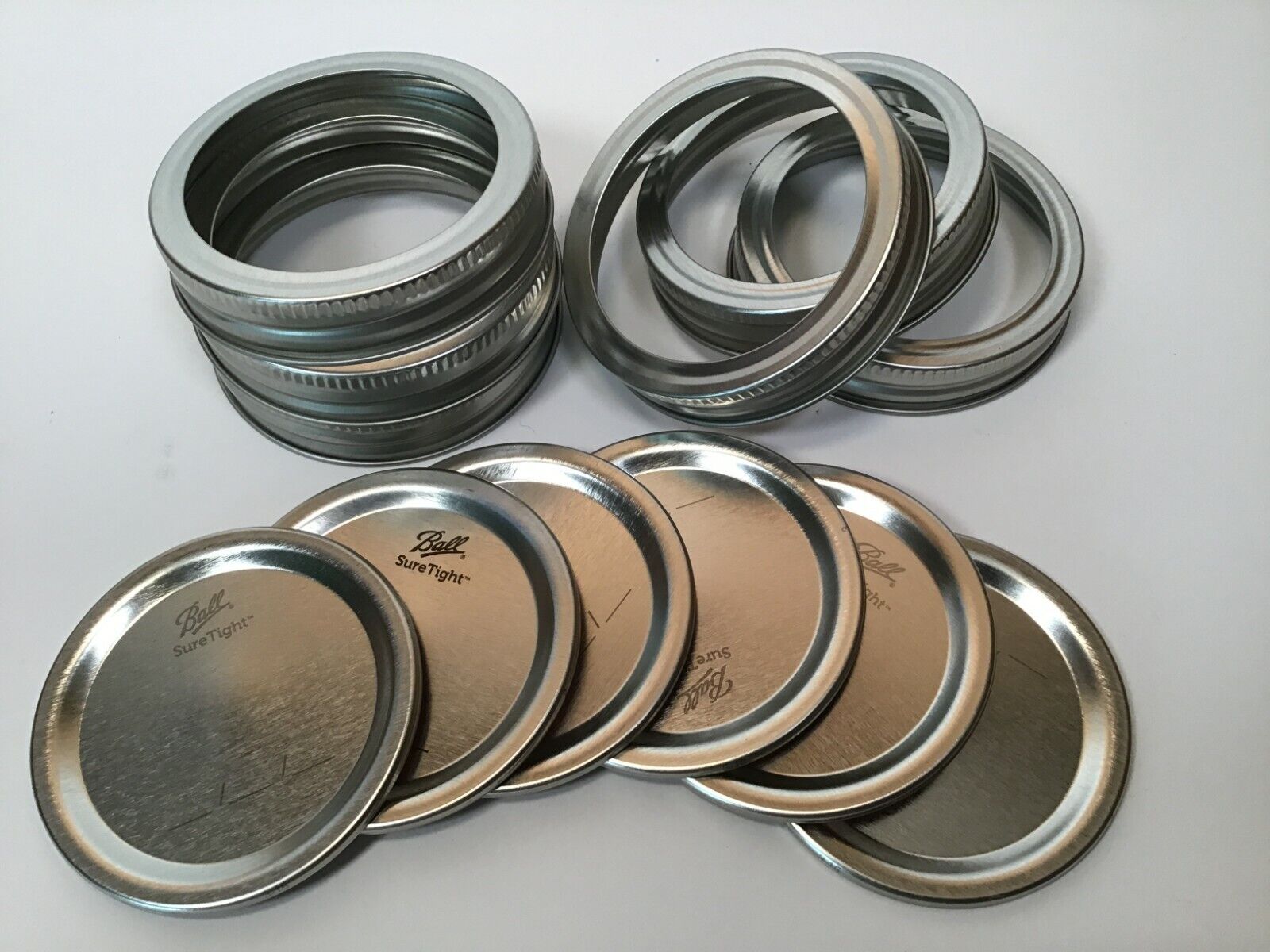
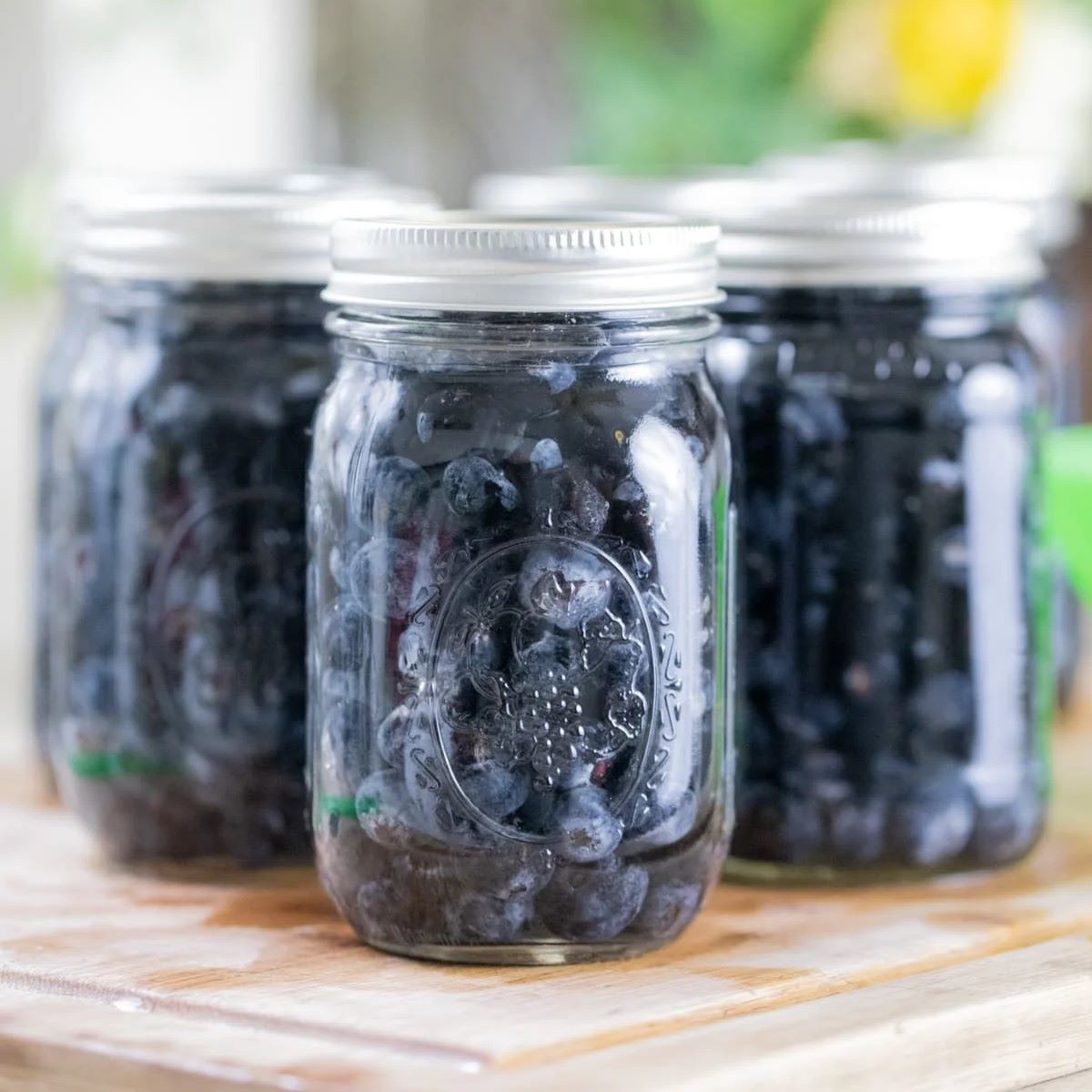
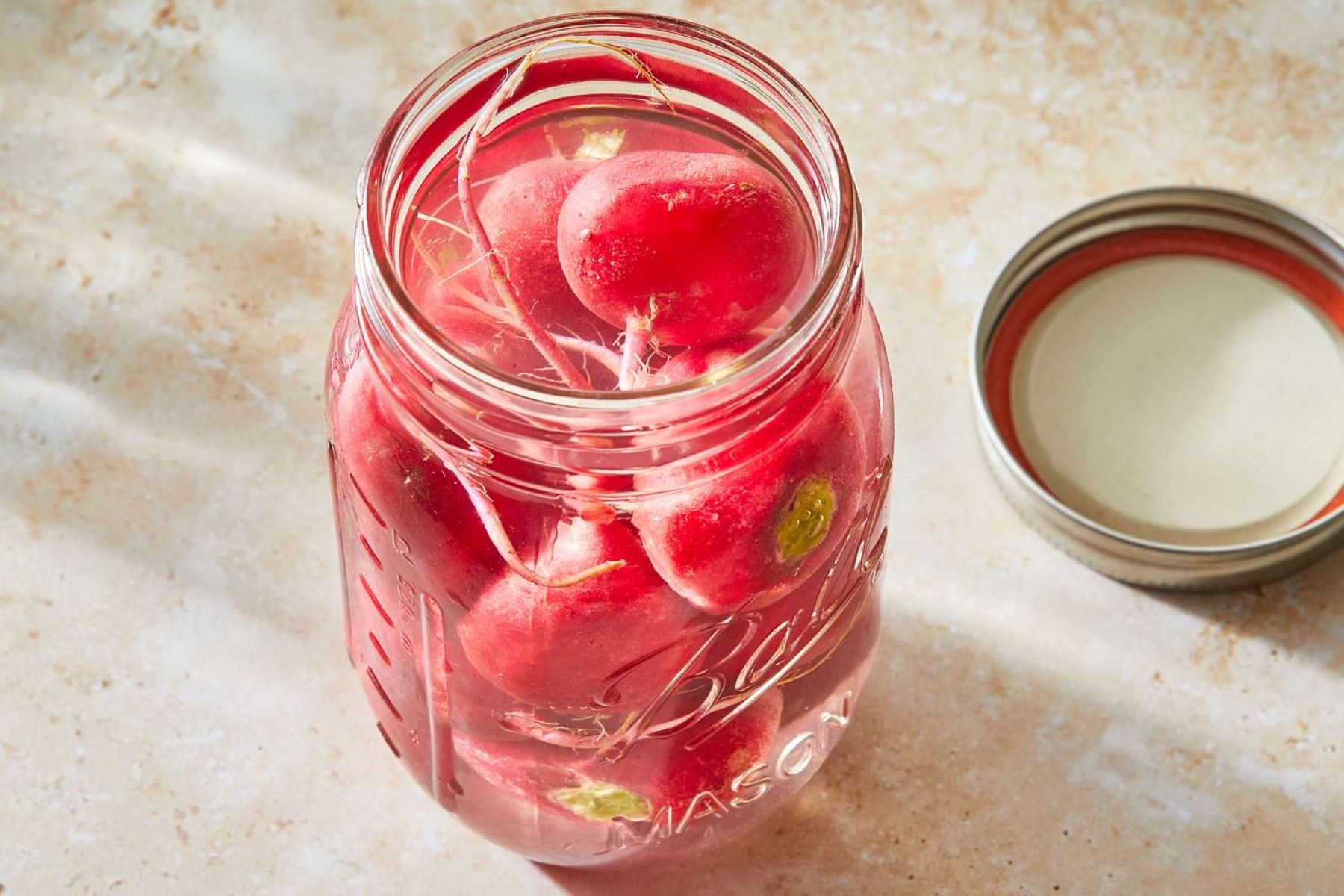
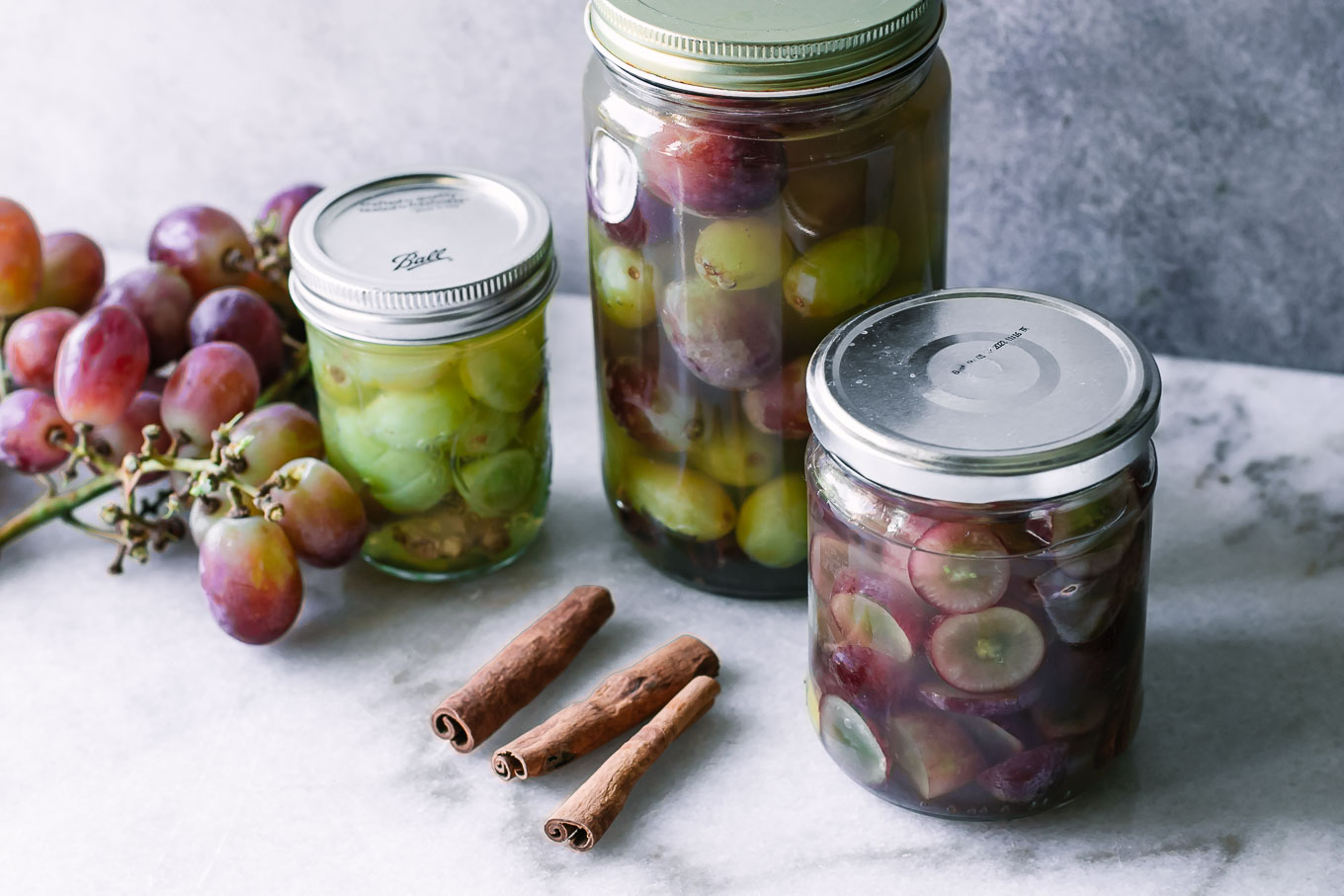
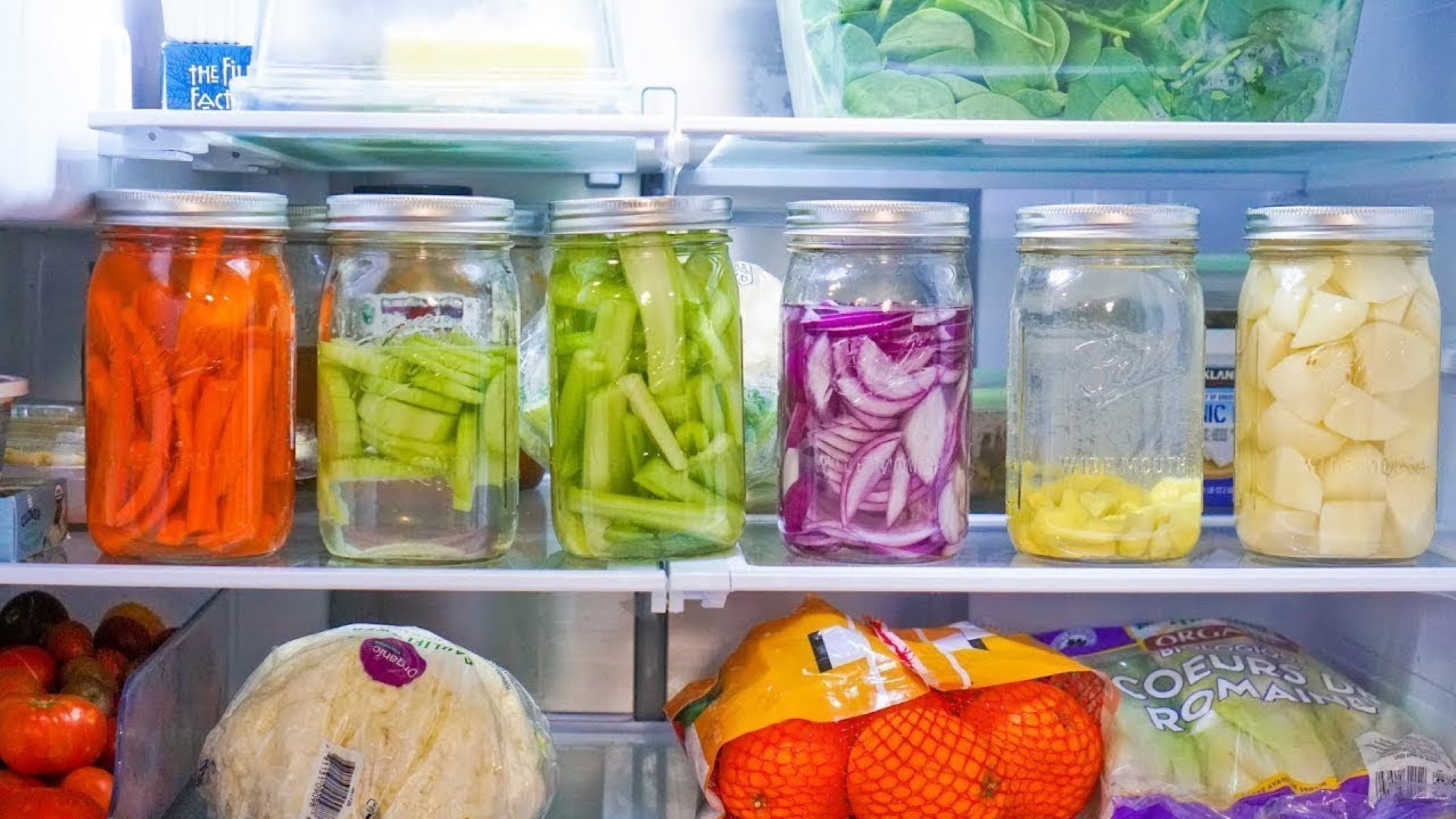
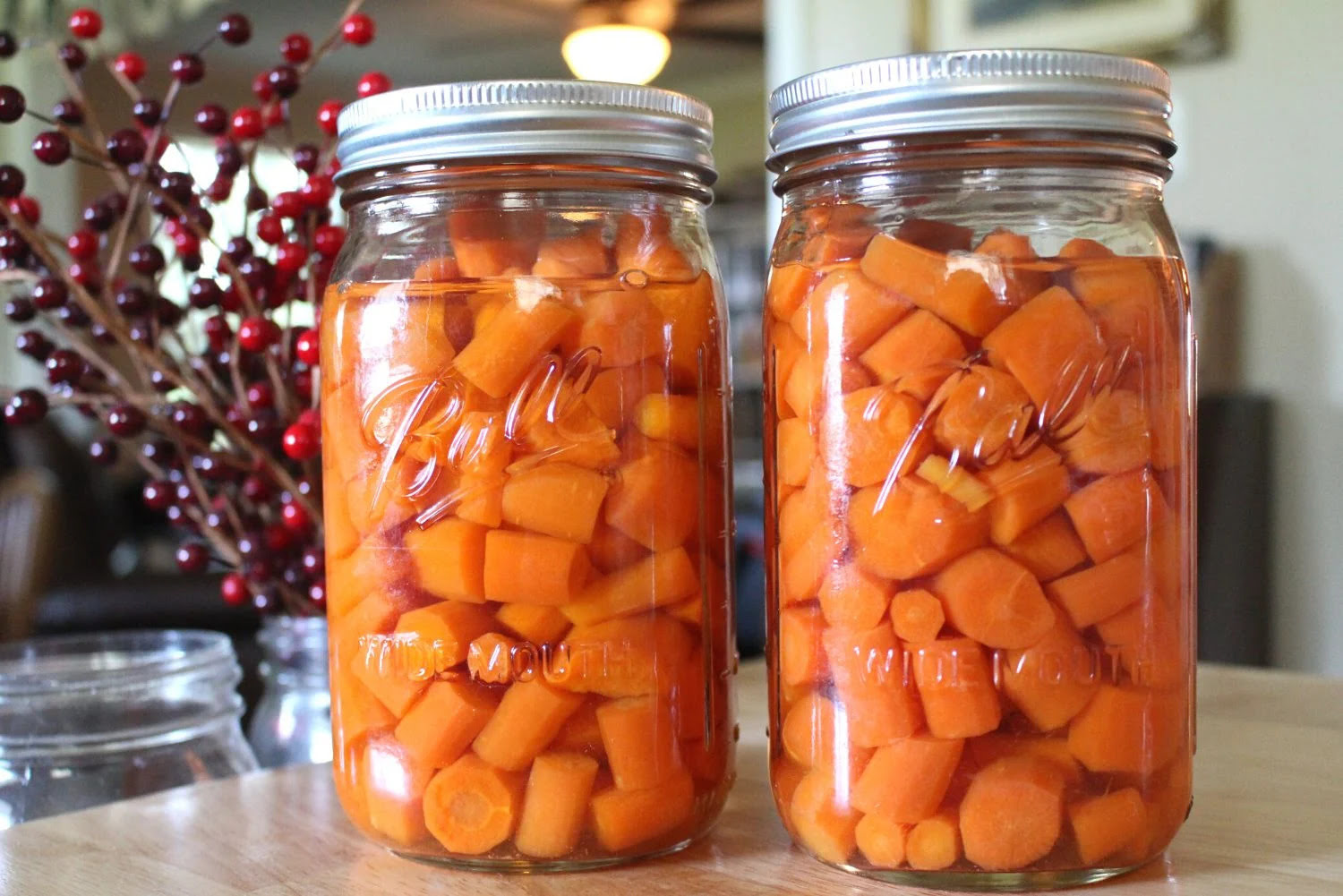
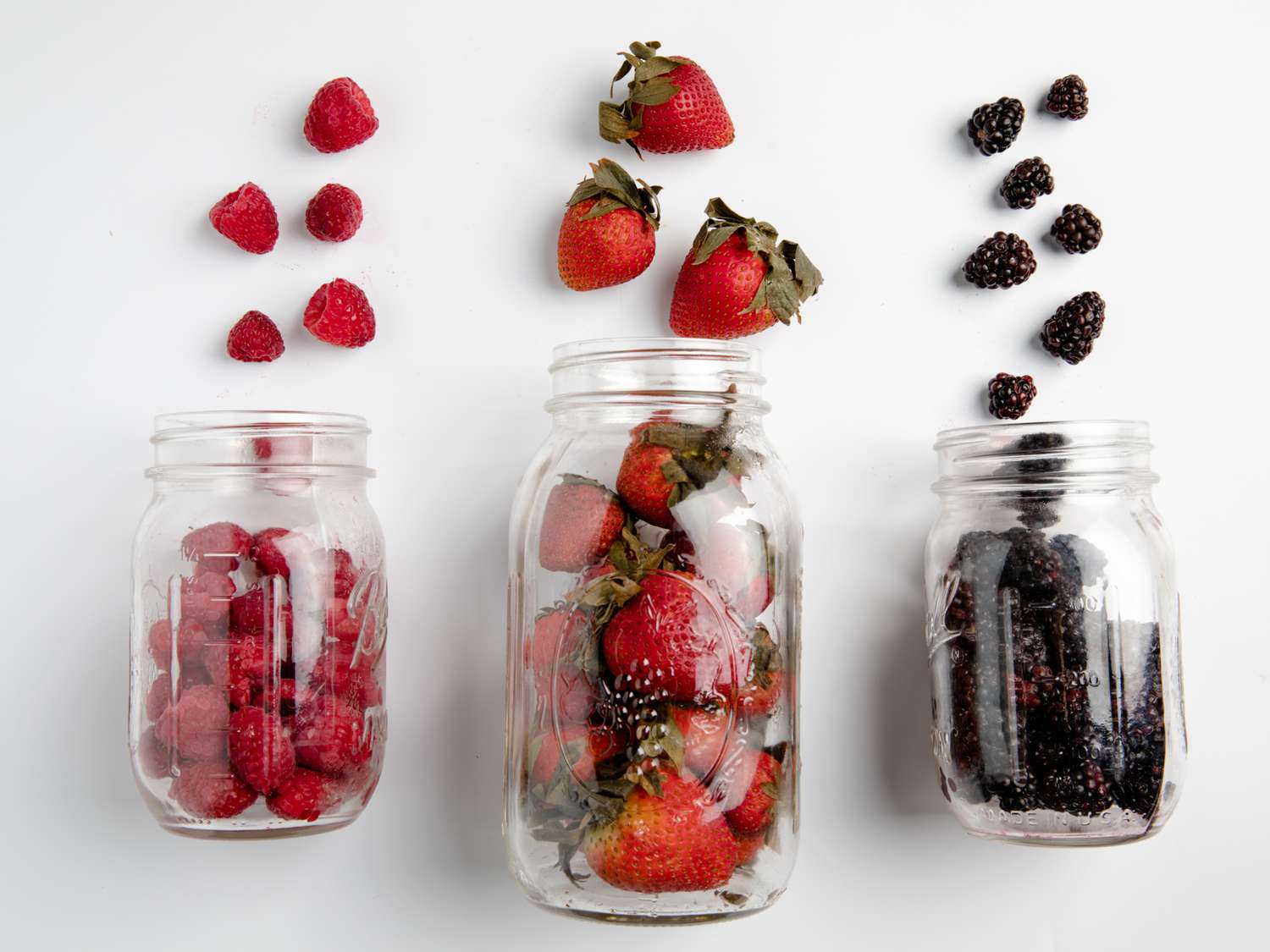
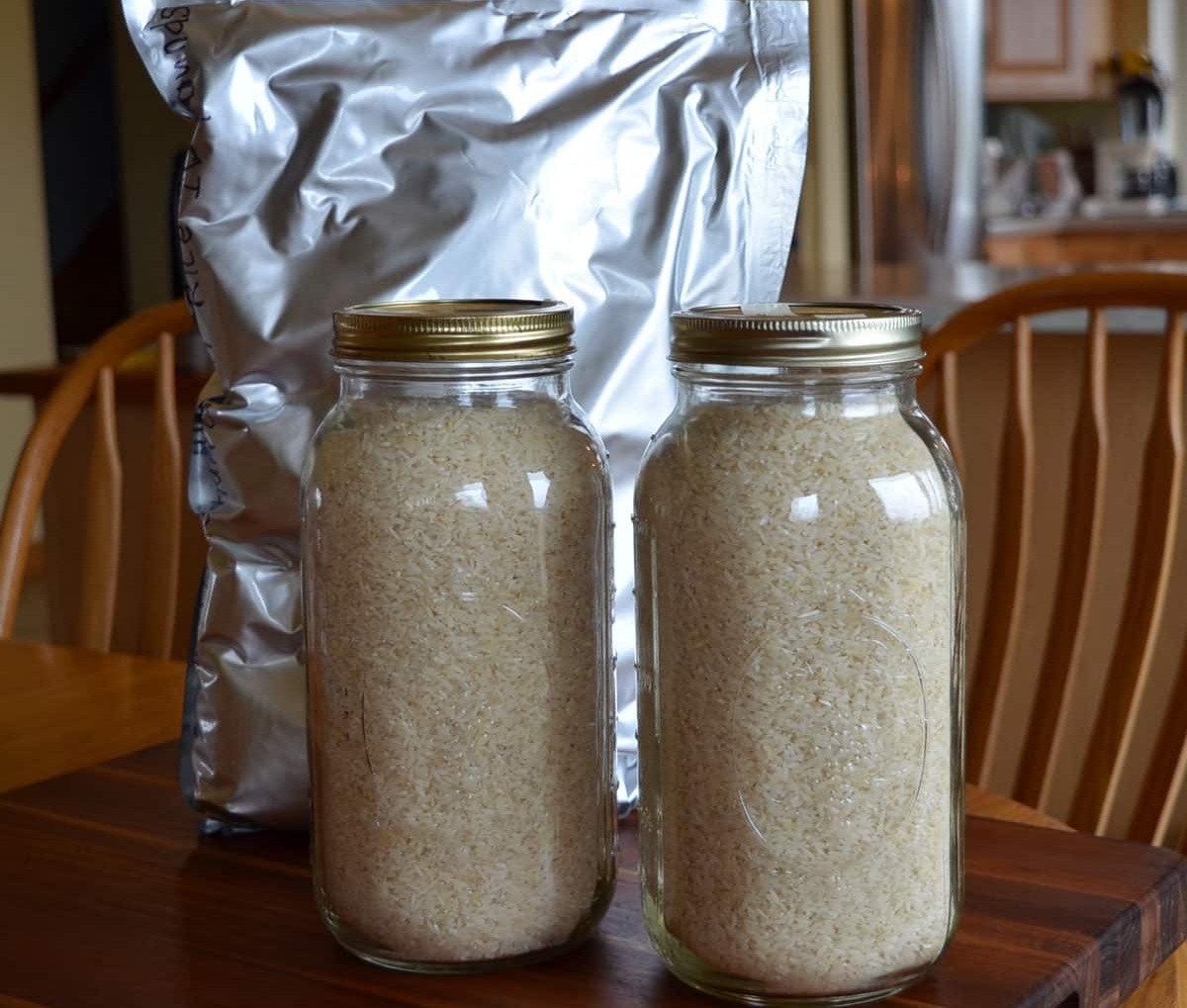
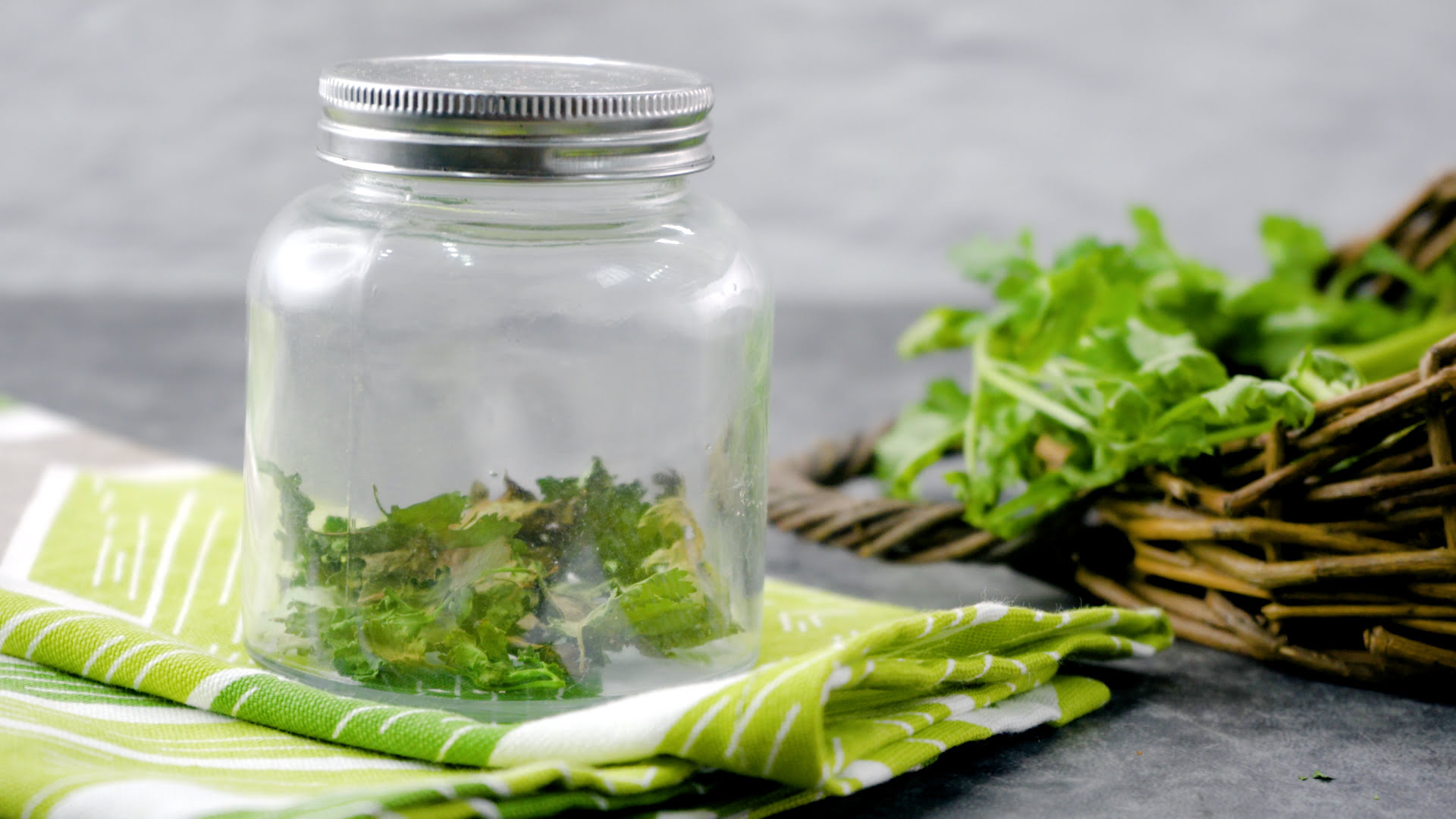
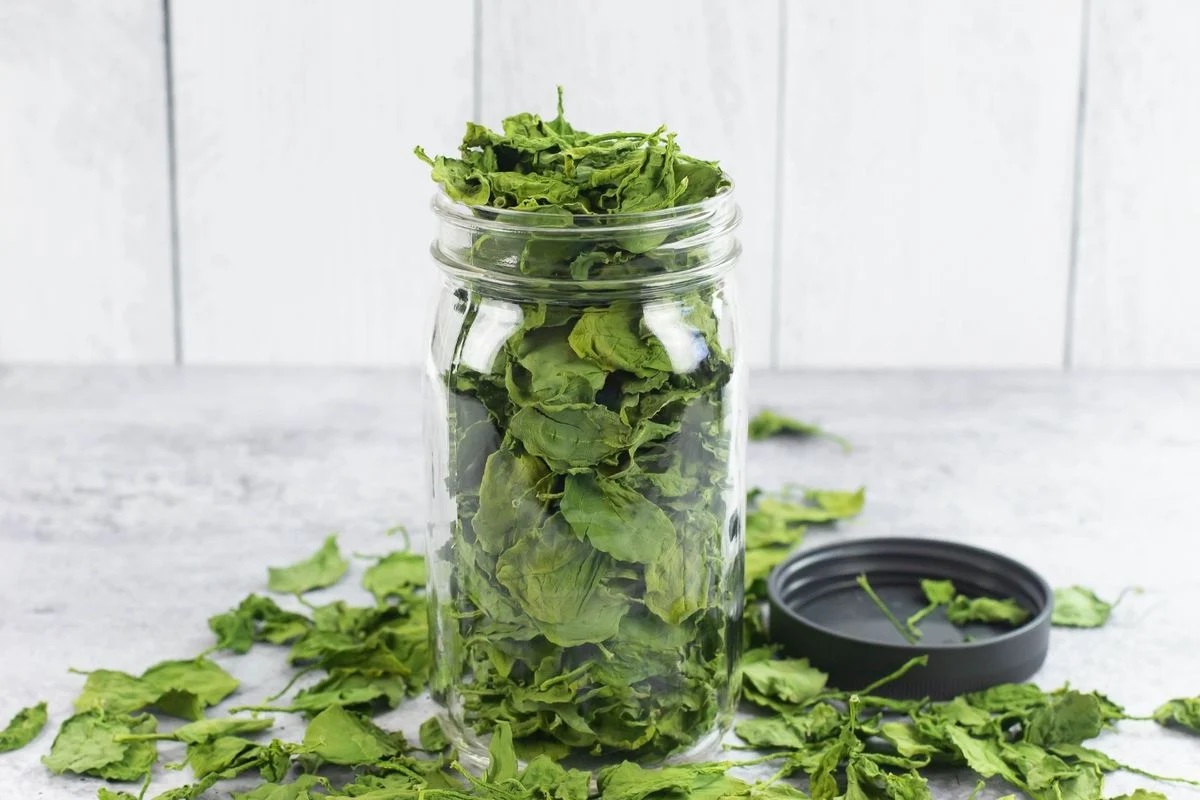

0 thoughts on “How To Store Fruits In Mason Jars”